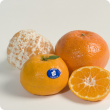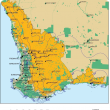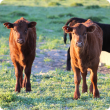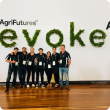Filter by regions:
- (-) Remove Gascoyne filter Gascoyne
- (-) Remove Peel filter Peel
- South West (538) Apply South West filter
- Great Southern (532) Apply Great Southern filter
- Mid West (522) Apply Mid West filter
- Wheatbelt (474) Apply Wheatbelt filter
- Goldfields-Esperance (470) Apply Goldfields-Esperance filter
- Kimberley (452) Apply Kimberley filter
- Pilbara (442) Apply Pilbara filter
- Perth regions (418) Apply Perth regions filter









